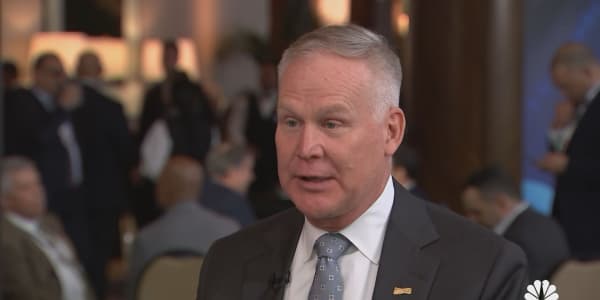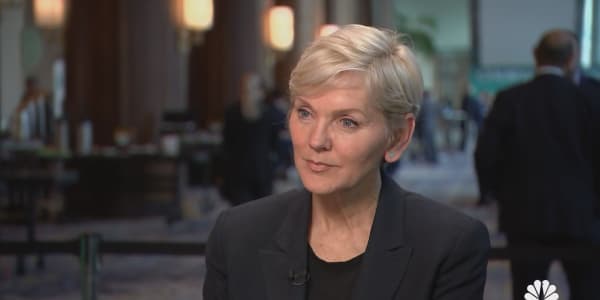Global oil supply may struggle to keep up with demand beyond 2020, which could prompt a surge in oil prices unless new investment projects are agreed, according to the latest report by the International Energy Agency (IEA).
The latest five-year oil market forecast, previously known as the medium-term oil market report projected a relatively upbeat outlook through until 2020 although supply growth is expected to plummet thereafter.
Oil supply in North America and Brazil in particular is growing and is expected to continue rising through the next three years. However, the Paris-based organization warned that investment levels must improve to support further growth beyond 2020.
"We are witnessing the start of a second wave of U.S. supply growth, and its size will depend on where prices go," Fatih Birol, the IEA's Executive Director, said in the report published Monday.
"But this is no time for complacency. We don't see a peak in oil demand any time soon. And unless investments globally rebound sharply, a new period of price volatility looms on the horizon," Birol added.
Surplus stocks eroded
Oil demand is forecast to rise over the next five years, according to the IEA, and is on track to pass the symbolic 100 million barrels per day (mb/d) threshold by the end of 2019. India's oil demand growth could also overtake China's in the same timeframe, the report said.
The report projected global oil demand growth will average 1.2 mb/d, or 1.2% per annum over the next five years which would be equivalent to a net gain of 7.3 mb/d.
"As today's overhang of surplus stocks is eroded, the main issue is whether or not investment recovers, and whether governments and companies take the current confidence that there is a floor under oil prices due to production management and bring forward new projects," the IEA report said.
The IEA stressed U.S. discussions of nuclear-related sanctions against Iran and the proposed introduction of the so-called Border Adjustment Tax both provided significant uncertainty for its forecast. A team of strategists at RBC Capital Markets published a note on Friday which predicted, depending on U.S. President Donald Trump's actions, the Middle Eastern country could reemerge as one of the most potent geopolitical upside risks in the oil market.
The IEA reported it was now coming to terms with the most comprehensive output reduction agreements seen since 2008. The Organization of Petroleum Exporting Countries (OPEC) had reached a landmark deal among all 14 member countries in November to curtail oil production for the first time in eight years.
OPEC Secretary General Mohammad Sanusi Barkindo told reporters on Sunday it was too early to tell whether production cuts would be extended beyond May, but attempted to reassure investors that for now it was "so far, so good".





